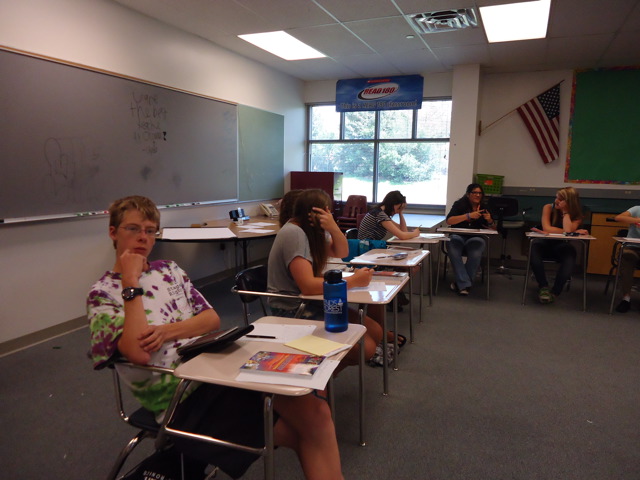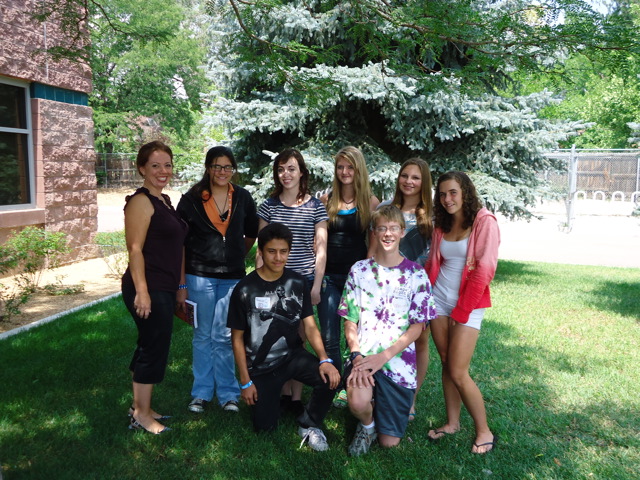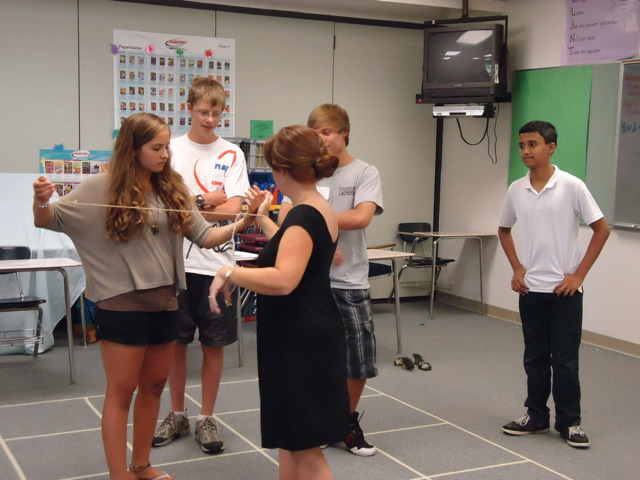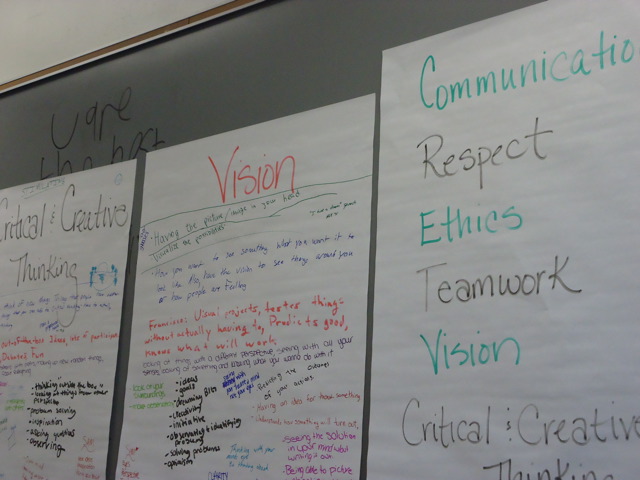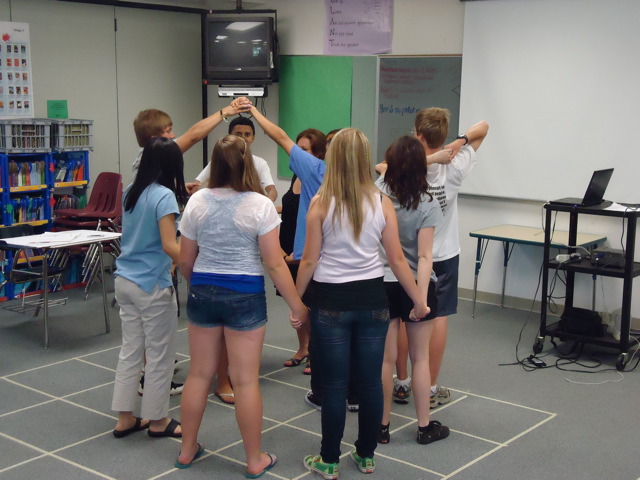
We know our math scores aren’t competitive with other developed countries. We all know someone, or we may be someone, who dislikes math. But why does an interest in math matter? Yes, being competitive in the global arena is crucial for our nation’s advancement. Yes, taking a math course is required to graduate. But math helps individuals accomplish much more than an “A” on their exam.
On the most basic level, learning math promotes analytical thinking skills. Dr. Vinod Menon, professor of psychiatry and neurological sciences at Stanford University, has conducted research illustrating how one year of math instruction has significant impact on the brain’s approach to problem-solving as revealed through brain scans of second and third graders.1 As students move through math curricula from elementary to high school, they must learn to apply what they know to new ideas and different types of problems, building more complex thinking processes. Years of math where students work through steps, identify patterns, and apply complex thought processes hardwires the brain for deeper level thinking.










